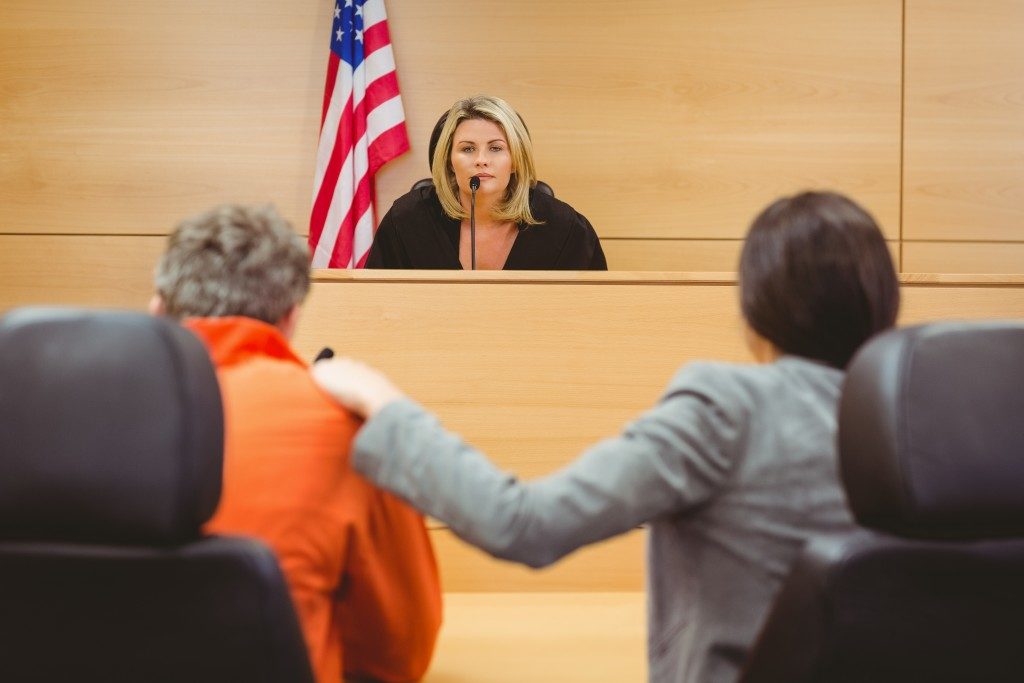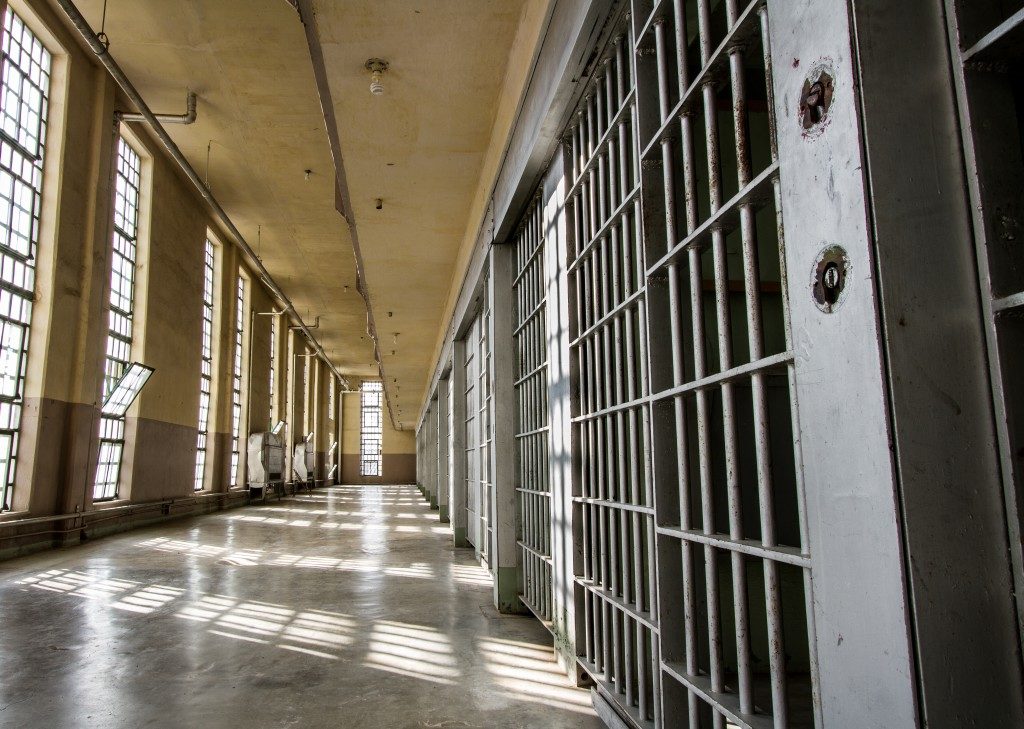Applying for U.S. naturalization is already challenging enough as it is. Making mistakes in the process can make it even harder and cost you precious time and money. Hence, knowing the common mistakes to avoid is paramount when applying for naturalization, especially if you want to shorten the process.
Before you apply for naturalization, here are the common mistakes that you must avoid at all costs:
Filing when you are not qualified for naturalization
Fiance visas, working visas, citizenship — everything that involves getting access to the country or becoming a citizen has a strict set of rules and requirements. When applying for naturalization, the first thing you should do is check if you are qualified in the first place.
Here are the eligibility requirements for every applicant:
- At least 18 years of age
- Lived in the country for at least five years
- Physically present in the country for at least 30 months during those five years
- Lived in the same state for at least three months
- Can understand, read, write, and speak in English
- Stay in the country from the application date to the date of naturalization
- Pass the interview and civics test
- Has good moral character
If you don’t meet all of these requirements, push back your application until you do. On the other hand, if there are problems that hinder you from attaining all of these requirements, you should speak with an immigration lawyer to determine the best course of action.
Taking extended trips outside the U.S.
One of the requirements for naturalization is to be physically present in the country for at least 30 of the past 60 months. If you leave the country for more than six months, you may be temporarily considered ineligible for naturalization. Stay outside the country for more than a year, and you may face even more difficulty attaining citizenship.
Therefore, if you must leave the U.S., keep your trips below six months. Otherwise, your application may be delayed, and you may have to go through the hassle of proving that you have not abandoned the country, which means more money and time spent on the process.
Not sending complete documents
Forgetting to send all of your supporting documents will cause unnecessary delays to your application. When mailing your application, ensure that you have enclosed all the required documents for the USCIS to review. If they have to request for the missing documents, the process will go slower, ultimately delaying your interview.
Failing to prepare for the interview

The interview is one of the most critical parts of the naturalization process. Preparation is critical to passing the interview on your first attempt. Consult with an immigration attorney when preparing for your interview. They will tell you what questions may be asked and how you should answer them to increase your chances of getting approved. It is also helpful to practice with another person to help build your confidence, especially if you tend to get nervous during interviews.
Making errors in your application
The 18-page citizenship application form can be challenging to complete, especially if you’re not familiar with legal jargon. For this reason, filling out your form with the help of an experienced immigration lawyer is often imperative to eliminate the risk of making errors in your application. If even one minor mistake is present, your application can be delayed, and you will have to contact the USCIS to correct the mistake (that is if they will let you do it over the phone).
Not preparing for the civics test
Like the naturalization interview, the civics test is another crucial step in attaining citizenship. It’s best to prepare for the test two to three months after sending your application, either through self-study or by attending a citizenship class.
The civics test involves answering the questions in English and from memory. If you fail either or both the interview and civics test, you can try again 60 to 90 days from the date of your first attempt. But if you fail on the second try, your application will be automatically rejected. As such, the importance of preparing for both the interview and the civics test cannot be stressed enough.
Conclusion
When applying for naturalization, knowing what mistakes to avoid can help make the process as hassle-free as possible. Naturalization applications tend to be difficult and time-consuming, but minimizing errors will help speed up the process and avoid unnecessary additions to your expense.



